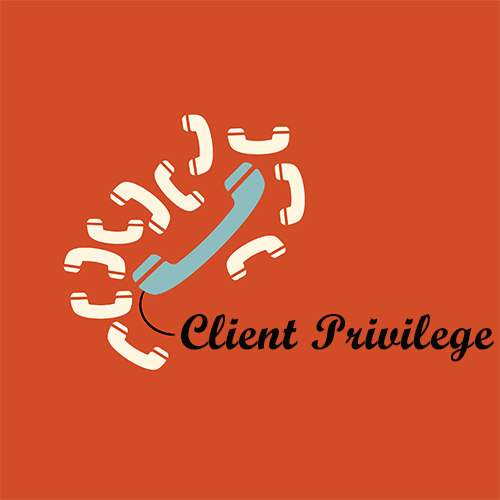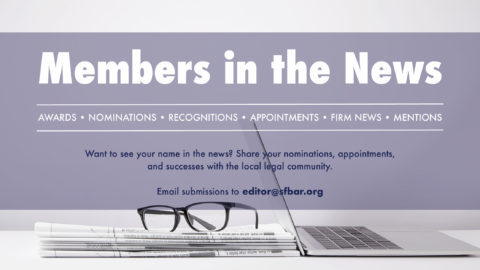The ABA’s Standing Committee on Lawyer Referral Services is co-sponsoring a resolution to urge legislatures to enact and courts to recognize a privilege to protect the confidentiality of the tens of thousands of conversations that occur every day between prospective clients and lawyer referral services (LRS) intake staff.
California led this charge, enacting such a privilege two years ago under Senate Bill 267. Similar to the privilege that exists for attorneys and clients, Senate Bill 267 was written to protect the prospective clients who disclose confidential information to certified LRS programs in an effort to find a lawyer.
The following is a Q & A with BASF’s Carole Conn and ABA LRS Standing Committee Member Steve Steinberg, who co-authored the California law and the ABA Resolution, which is scheduled to be voted upon at the ABA’s Mid-Year meeting in February 2016.
Carole Conn (CC): Why was it important to establish a separate privilege for an LRS?
Steve Steinberg (SS): While pro-spective clients contact LRS programs for the purpose of obtaining legal representation, most LRS programs operate with trained, non-attorney intake staff. The attorney-client privilege therefore, arguably, does not apply. Prospective clients sometimes ask LRS programs whether their communications are privileged, and in most of the U.S. (and California until recently), the answer is “probably not.” That can hamper the kind of open communication required to make a good referral.
CC: So it is not enough that intake staff assure their clients that their communications are confidential?
SS: LRS programs can say that they keep communications confidential, but that is not the same as a privilege that protects an LRS from being forced to disclose communications through some legal process. The reason we advanced such a law in California, and are seeking to urge the same across all other jurisdictions, is because it offers more clarity. For the attorney-client privilege, “lawyer” is defined as a person authorized to practice law, and LRS staff members are not practicing law. They are not standing in the shoes of a lawyer or providing legal services themselves. With a LRS-client privilege like California’s, LRS programs can reassure prospective clients that their communications are privileged and confidential, helping to keep communication open, and eliminating the risk that the LRS could be subpoenaed for its intake information, which has happened.
CC: With the Internet and social media, the public seems less concerned with privacy. Do you think the public cares?
SS: I think many people have some idea that there are rules about confidentiality in legal proceedings, though they may not know the specifics. While some clients might ask about confidentiality, others might assume it’s there, and others haven’t given it any thought. For this reason, the LRS-client privilege protects the public, especially and most importantly, when they don’t know of the potential issues.
LRIS receives 50,000 calls annually from the public in need of legal representation. BASF’s LRIS is a State Bar Certified Referral Program, model referral service, well-known nationally for its outstanding legal assistance to the public. Refer with confidence those clients outside your practice area: (415) 989-1616 or www.sfbar.org/lawyerreferrals.




